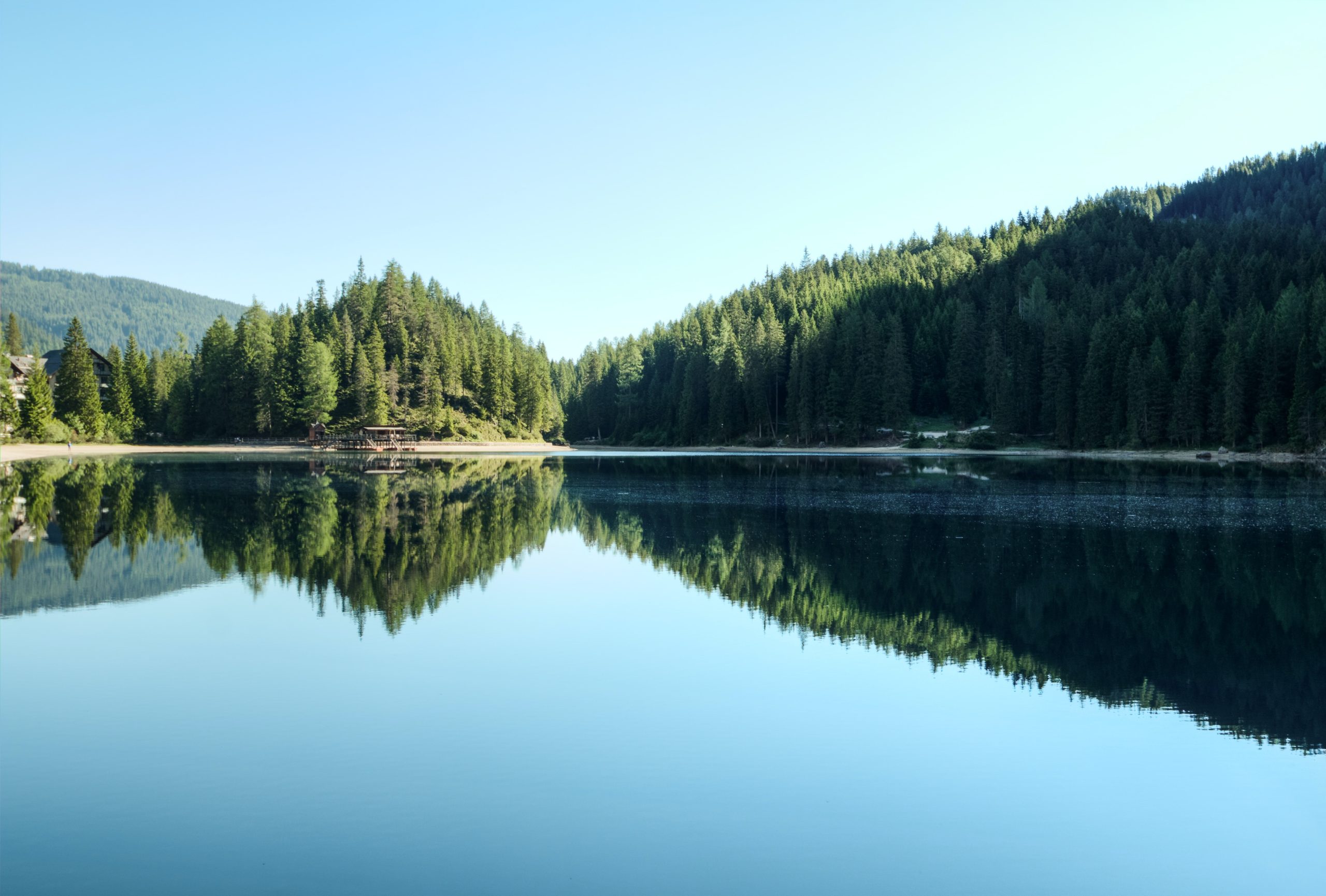
13 Sep Overthinking
Overthinking
I was having a chat with a neighbor friend of mine the other day about overthinking. About how decisions seems harder to make because of all the thinking, considering one choice and all the potential ramifications and then another and another. It’s actually a pretty creative process, isn’t it? Inventing so many iterations of an uncertain future.
Science on consciousness
I was also reading in my behavioral neuroscience textbook about a scientific hypothesis on consciousness. Consciousness, it’s defined, is the awareness of and ability to communicate about one’s thoughts, perceptions, memories, and feelings. Emphasis on “ability to communicate”, which is tied directly to the language processing centers of the brain. It seems consciousness could be a function of language, which most people use to think our own thoughts. Or overthink our own thoughts. Could overthinking be consciousness gone haywire?
Yoga on consciousness
The ancient Yoga sages might say so. Otherwise why would they have left us so much guidance on what to do with all those thoughts?
In the second sutra of the Yoga Sutras of Patanjali, we’re told yogas citta vrtti nirodha: Yoga is the calming of the fluctuations of the mind. What does this sound like to you? Stilling the thoughts, perhaps? In large part, the answer is yes. Yoga is stilling the thoughts in order to see things as they truly are, to rest in discriminative, clear awareness.
If it was easy to do, there wouldn’t be another 194 sutras explaining more.
The role of habits in overthinking
We’ve talked about vrttis before, the fluctuations (of mind). Samskaras cause vrittis. Samskaras are habit patterns, like a computer coded to execute a certain command. We all have a gabajillian samskaras, ranging from the smallest most insignificant habit to big traumatic triggers that can run an entire life.
The Yoga philosophy holds that we’re born with samskaras (because of karma) and we develop more and more and more as we live our current lifetime (also karma). Yoga clears samskaras. By the way, samskaras aren’t just bad habits. They are ALL habits, good bad and neutral.
The lake metaphor
B.K.S Iyengar describes samskaras using a metaphor of a lake. He says samskaras are like piles of sand forming bumps on the bottom of a lake. The water at the bottom flows across the bump, sending waves all the way up to the surface, causing disturbances there. As we practice yoga, we clear the samskaras. We flatten the piles of sand, minimizing disturbances at the surface. The goal is a smooth, glass-like surface, perfectly reflective.
Like a circus mirror, a disturbed lake reflects distortions of reality. A perfectly smooth lake reflects what’s really there, as it is. The waves that the samskaras cause, those are the vrttis, the fluctuations. The lake is the mind. The surface of the lake is consciousness. Consciousness undisturbed by the vrttis reflects reality. Yoga is the calming of the vrttis of the mind. You might want to read these two paragraphs one more time, since I gave it away at the end. 😊
What to do about a monkey mind
Y’all, there are a lot of ways to help calm a monkey mind. You probably already know that meditation is a pretty direct route. You might also know that meditation isn’t totally accessible to everyone. Asana helps cultivate the strength, stability, and ease it takes to sit quietly for a period of time. So does mental health therapy. So do long walks in nature without your phone or periods of endurance exercise.
Do you have a technique that helps you clear your mind? Do you meditate? Does it help?
My experience meditating
At first for me meditation seemed to make it worse, but I think that’s because I became aware of the cacophony in my mind and that was an uncomfortable, almost claustrophobic feeling. It was overwhelming, not calming. Eventually I got used to it and accepted it might always be like that and I’d literally just sit with it (I was determined.) Then it started to calm down a bit. Over the course of months and years, might I add. Truly, my vrttis are still not terribly still. I’ve got a lot of bumps on the bottom of my lake.
Lake image by Eberhard Grossgasteiger from Pexels
